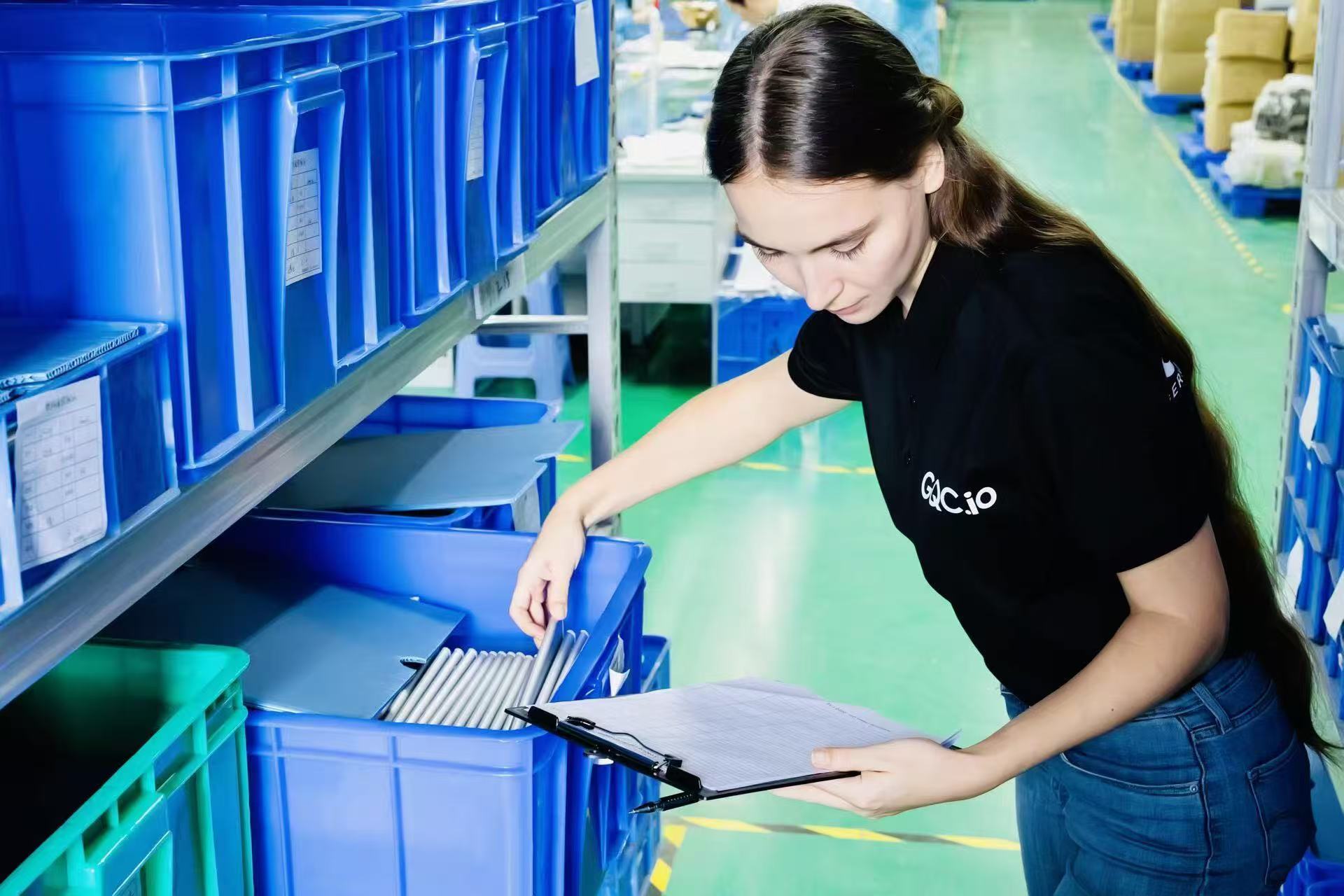Taking a new product from concept to mass production is a crucial phase that can significantly impact its success. To ensure a smooth transition and avoid potential pitfalls, there’s one critical step you need to undertake before starting large-scale production. Here’s what you need to do:
Why Product QualificationMatters
Before you dive into mass production, it's essential to thoroughly qualify your product. This process involves several key actions to ensure everything is in place:
- Design Validation
Test your product design extensively to ensure it meets all performance and durability requirements. This might involve conducting various stress tests, such as drop tests or vibration tests, to uncover any potential issues before mass production begins. The goal is to refine your design to avoid costly problems down the line. - Supplier and Component Verification
It’s not just the product design that needs attention. The components and materials used also need to be validated. Conduct thorough audits of your suppliers to ensure they consistently meet your quality standards. This step helps to prevent issues during production and ensures that every component is reliable and fits your product's needs. - Manufacturing Line Setup and Qualification
Your production process must be ready to handle the demands of mass production. Set up your manufacturing line carefully and test it with experienced personnel. This includes balancing the production line, timing the assembly process, and resolving any inefficiencies or bottlenecks to ensure smooth and efficient operations. - Regulatory Compliance and Qualification
Depending on your product and its target market, various regulatory standards may apply. For instance, consumer electronics might need certifications like FCC or RoHS. Ensuring your product meets these standards early on helps to avoid delays and legal issues, making sure you can enter the market without unnecessary hurdles.
Understanding the GoldenSample Concept
A “golden sample” represents an ideal version of your product, serving as a benchmark for production. While it sets the standard, achieving this level of perfection in every unit may not always be feasible. Small deviations are acceptable as long as they don’t compromise the product’s quality or functionality.
The Need for Expertise inProduct Qualification
Product qualification involves multiple areas of expertise, including reliability testing, software validation, and regulatory compliance. If your team lacks this expertise or if your development is based in a different region from your manufacturing site, managing this process can be challenging. Partnering with a local third-party company can help streamline the process, offering the necessary expertise and support to ensure everything runs smoothly.
In Conclusion: EnsureThorough Qualification
Rushing through or overlooking the product qualification process can lead to significant issues. Make sure to thoroughly validate your design, components, manufacturing setup, and compliance requirements before beginning mass production. A well-structured New ProductIntroduction (NPI) process will help you address all critical aspects and set your product up for success.
At GQC, we understand the complexities of bringing a new product to market, especially when dealing with overseas suppliers and manufacturers. Our team can help you navigate the qualification process, ensuring that every aspect of your product and production is up to standard. Contact us today at info@gqc.io or visit our website www.gqc.io to to learn how we can support your journey to successful mass production.





